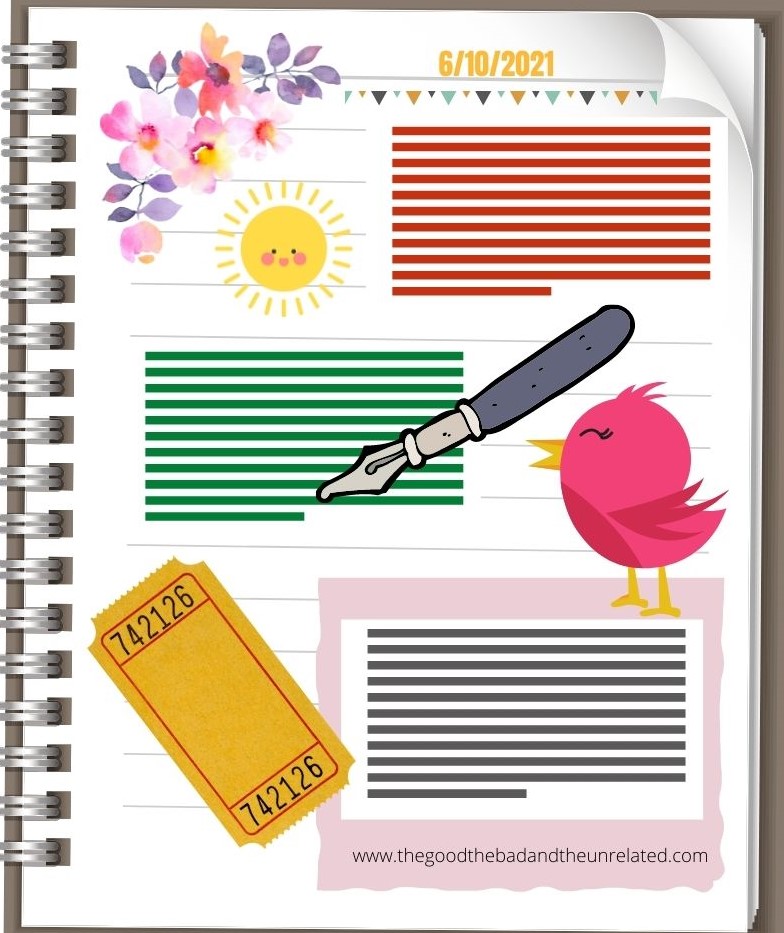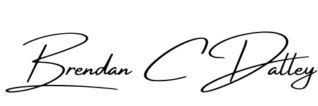Sometimes I write because…well I just need to. If I can describe how it feels, capture in words the essence of pain and fear, then in some small way I have control over it. Sometimes I wake and the whole world has fallen away. No ground left on which to make a stand. I am a very small island. With nowhere to turn, I hunker down inside my cave. I hide away and write in my journal because writing about it helps. Helps me to see the horizon.
I used to write for myself, and still do mostly, because the truth is embarrassing. Sometimes though, just knowing there is someone else out there hiding on an island just like mine, helps. I share my thoughts for them too now, much like a message in a bottle.
Journaling is a tried and tested approach to all manner of mental health issues. Whilst journaling is highly unlikely to heal a person on its own, it is an invaluable part of the toolkit for anyone that wants to improve and overcome pain.
The unexamined life
Apparently, Socrates was quite a clever bloke. Everyone always wanted him on their team for Pub Trivia Night. One of his most famous dictums is the insightful ‘An unexamined life is not worth living’. Perhaps along a similar vein is the often used “Those who don’t learn from the past, are doomed to repeat it.” So popular is this second phrase, that it is difficult to find its origin. Either way, there is great truth in both of these well worn phrases. Occasionally we need to look back and analyse the past, so that our present and future can be better.
Don’t get me wrong, I am a great proponent of the here and now, even if I do struggle to remain there sometimes. That said, it is important to learn from and ultimately let go of significant events in our lives, good or bad. Journaling is just the ticket for this. It is a process of examination that is limited, personal and ultimately valuable. Journaling helps you to let go of the past and be more present.

Form and function
Journaling helps to capture and control feelings that may be out of control. Writing helps us to remember the struggles we triumphed over and the victories we took for granted. It helps us to focus on what is important and to look towards what we hope for. The good news about journaling is that form doesn’t really matter, as long as it is your own. The key is in the function of journaling.
I like to express myself with words. Some would say I use too many of them. Still, it is how I communicate the messages from within. Sometimes it may be the restricted, classic form of a sonnet, while at other times it has been pages upon pages of free verse. Lately it has been through this blog. My wife on the other hand is a much more visual person. She likes to blend colours, shapes and pictures with her words to create an entirely different form. Though different, her journal serves the same purpose.
Discover 8 Journaling Techniques for Better Mental Health | Psychology Today
To keep it or to trash it?
This question may seem a little strange to begin with, but trust me, there is a logical thought behind it. When I was younger, I found that once I had written my thoughts down, usually with ‘words that tear and strain to rhyme’ to borrow the lyrics of Paul Simon, I found I could let go. To reflect this letting go, I would tear them up, or in my more dramatic moments, set fire to them in the barbeque pit outside. This symbolic gesture helped in two ways. Firstly it drew a line under the experience that said ‘This is done with’ and secondly, most of my poetry was so mortifyingly bad that I didn’t want it to fall into anyone else’s hands anyway.
These days, after much study, I find that I can communicate in a much more helpful manner. To look back and read about a time when I triumphed over difficulty, has its benefits. It reminds me that sometimes I have to stop listening to the pessimism within and rely on the evidence from history, my history, and so I keep it for that reason.

What do you write about?
Without some sort of plan or structure, journaling can end up becoming a book full of whining and waffle…trust me. It is far better to have a plan. I tend to write about topics that have been bouncing around in my brain and this works because it helps me come to terms with them. Sometimes using a poetic form helps, because they are limited in length. My wife, on the other hand, prefers to link a well chosen image with a select few words. In the end it is personal preference, as long as you stay focussed on the issue.
Being someone that struggles with Major Depression and Post Traumatic Stress Disorder on and off, though, I need to be reminded to be grateful for the good stuff and care for myself and my family more. To do this, I reflect on a few key questions each week. Questions such as: ‘what are you doing to look after yourself?’ ‘What are you grateful for?’ ‘What do you need to let go of?’ and ‘What is harming you?’
It is about what is important
The internet is full of Journaling prompts and ideas to get you started. Follow the Psychology Today link provided. In the end, there is no right or wrong way to approach it. Simply write about what is important to you. Don’t be afraid to buy a nice moleskine notebook or artbook, because this process is important and special. You may want to keep it.
Journaling is not about neatness or creating an artwork. If that is part of your process, then fantastic, just don’t let a fear of good or bad stop you from trying. Journaling is a process that has been shown to help all manner of people with a variety of mental health issues. Maybe it can help you too.
Links
Five ways to be kinder to yourself » The Good The Bad and The Unrelated


I love journaling in the morning, it helps with a great start to the day!
I find the morning a good time too, if the kids are quiet lol.
I find writing something in response to feelings is good. If it is an email I just make sure I don’t send it 🙂
Haha. I’ve heard that’s a useful technique.
I have been on this journey “examining my life” for close to 2 years now- I’m learning a great deal about myself and seeing a path to design the person I want to be and the life that I want to live. But this question -To keep it or to trash it? has still been unanswered for me. Although I have kept my journals I have yet to re-read them. Thanks for the idea.
Thanks Lani. My thought is that if you need to leave it behind, then re-reading it is less helpful once you have let go. If, on the other hand, the experience has been a positive one, then it can still inspire you later on.